AudioCulture
The noisy library of New Zealand music
Te pātaka korihi o ngā puoro o Aotearoa
Deva Mahal
Several years later, the singer, songwriter, and multi-instrumentalist relocated to New York to pursue a musical career that has taken her through North America, Europe, and the Caribbean, sharing stages with international stars including Etta James, Björk, CeeLo, Angelique Kidjo, Wyclef Jean, Michael Stipe, Patti Smith, De La Soul, The Roots, and Alice Russell along the way.
Since 2019, she’s been based back in New Zealand, preparing for the next stage in her ongoing journey with music. In her words, “I feel like I’ve lived so many different lives within this one life.”
Growing up in Hawaii
In the early 1980s, Deva’s mother and father – dancer, artist, and educator Inshirah Mahal and Grammy Award-winning American blues musician Taj Mahal – moved their young family to Hawaii. Having spent the previous two decades building an international career in music, Taj was captivated by the natural splendour of the fourth largest Hawaiian island, Kauaʻi. There, he saw a place to raise their young family and reconnect with something he’d loved before the beginning of his music career, farming. “It’s beautiful, natural, and he’s really into agriculture, so it seemed like the dream to him,” explains Deva.
As a result, Deva grew up surrounded by tropical rainforests, waterfalls, sandy beaches, music, and family. Ostensibly, the “Garden Island” was paradise, but beneath the surface of her sun-kissed childhood memories, Kauaʻi introduced her to inequality, discrimination, and the ongoing ramifications of colonisation.
“On reflection, from the time I was young, I experienced a lot of racism,” she says. “What I am grateful for in Hawaii is being raised in nature, learning how to swim in the ocean on my mother’s back. Eating fresh fruit, having the sun on my skin, and clean air. There’s a part of your humanity that is absolutely satiated by the natural environment there.”
Unsurprisingly, the family household was a musical environment. As she remembered, there were always instruments to play and albums from all over the world blasting through the stereo system. “When he wasn’t touring, my dad used to get us to play music with him,” she said. “The first time I recorded with him was when I was maybe six. We sang backing vocals for him on an album of children’s music called Shake Sugaree: Taj Mahal Sings and Plays for Children.”
In the early 1990s, her father and Cedella Marley-Booker – mother of legendary Jamaican reggae musician Bob Marley – agreed to record an album called Smilin’ Island Of Song for the premier children’s music label Music For Little People. “She was the most beautiful woman,” Deva recalled. “When I was a kid, she was in our house all the time like an auntie, so it didn’t occur to me that she was the matriarch of the Marley family.”
At Cedella’s request, Deva contributed to recording sessions for the album and appeared alongside her friends and family in several music videos. However, when the album came out, she discovered she’d been taken off the recordings and replaced with a slightly older child singer. In retrospect, it was Deva’s first introduction to how tricky the recording industry can be. Regardless, just getting to be involved lit a fire inside her. “This was the experience that really started to instil my desire to do music,” she said. “As a kid, I had no idea what was happening. Now, I look back on it like, what the fuck?”
Deva began to realise that her family might be a bit different from others ...
However, when basketball players, actors, and musicians like Kareem Abdul-Jabbar, Danny Glover, Cyndi Lauper, and Sheryl Crow started visiting her father at the family home, Deva began to realise that her family might be a bit different from others. Soon enough, she was playing trumpet, flute, keyboards, and occasionally singing in public. “It was terrifying, but I discovered really quickly that I loved it,” she said.
In her early teens, Deva discovered the sounds of 90s American hip-hop, RnB, and new jack swing, including Monie Love, Salt-N-Pepa, TLC, Another Bad Creation, Bell Biv DeVoe, Jodeci, and New Edition. “I would do all the dance moves, and I knew all the lyrics,” she enthused. “That was my whole entry into pop music.” In particular, Salt-N-Pepa and TLC had a grip on her. “I was entranced by the idea of an all-Black female girl group that could rap and sing,” she said. “They were just the coolest.”
The RnB and neo-soul singers Brandy, Monica, and Erykah Badu followed, and then, while she was on a trip to visit her brother in Boston, where he was studying at the Berklee School of Music, Lauryn Hill. “The first time I heard ‘Doo-Wop’ [by Lauryn Hill], I was 15 years old,” she said. “We were driving on the motorway in Boston, listening to the radio, and ‘Doo-Wop’ came on. I remember thinking, ‘What is this?’”
Deva knew Lauryn Hill from her group The Fugees, but the drums, piano, singing, and rapping on ‘Doo-Wop’ was on a whole other level. Later that year, Hill released her seminal solo album, The Miseducation of Lauryn Hill. After she heard that record, Deva’s future path was etched into stone. “The Miseducation … was exactly what I wanted to do,” she said. “It was the pinnacle of music for me. I learned all the raps, all the songs, all the runs.”
Coming to America
When she was 17, Deva graduated from high school and moved to the Pacific Northwest to study music and theatre at Southern Oregon University. As a child and teenager, choir singing and musical theatre had given her solid musical foundations, but in Oregon, she started writing complete songs and formed her first real band, a seven-piece group called Soul Project. “We had a whole horn section,” she said. “It was me and a bunch of dudes from different places, New Jersey, Europe, California. We entered the battle of the bands, and we actually ended up winning.”
Just as everything was coming together for her, tragedy struck. “One night, while she was driving to a party, my sister died in a car crash,” Deva recalls. “My whole world just imploded.” Heartbroken, she dropped out of university and moved to San Francisco, where she took a job managing a strip-mall clothing outlet. With time, Deva started singing at an open mic night in Berkeley, but as the year went on, she could feel her dreams fading away. “I think after all that trauma, you can only hold it together for so long.”
While Deva was in San Francisco, her musician brother Ahmen Mahal (aka Imon Star) was putting down roots in Aotearoa. He had been playing bass in his father’s live band, and after a New Zealand tour he stayed in Wellington and started a family.
By this point, Taj and the Mahals were no strangers to the South Pacific. Having first toured New Zealand in the early 1980s, Taj had an on-and-off connection with the Aotearoa music scene. When he released his Taj album in 1987, he included versions of two songs by Herbs, ‘Light of The Pacific’ and ‘French Letter’, before becoming the advertising face of the Just Juice beverage company in the 1990s.
Deva and Ahmen’s mother Inshirah relocated to Wellington to help Ahmen and his young family out. Once she was settled, she suggested it might be a good idea for Deva to visit them. “After I thought about it, I realised that if there ever was a way to have a new start, it would be at the bottom of the world,” Deva said.
Not long after arriving in Wellington, she discovered her then-boyfriend had been cheating on her. Instead of being devastated, however, Deva felt like this was the universe giving her a sign. “When I think back, I don’t blame him for it,” she reflected. “After my sister died, my ability to connect got waylaid, and I really disappeared from our relationship. So I stayed down here.”
Life down under
Over the following weeks, Deva immersed herself in the capital’s then-burgeoning underground jazz, soul, funk, dub, hip-hop, house, and techno scenes. On her first night out, she went to the Matterhorn bar on Cuba Street with her brother. There, she met most of the members of a pre-fame Fat Freddy’s Drop and the cast of musicians, DJs, and nightlife lovers who surrounded them. “I was like, this is cool as shit,” Deva said. “At that time, the vibe was so warm and accessible.”
Soon enough, she was spending her nights at venues and nightclubs like Indigo (now San Fran) and Studio 9. During the days, Deva would hang out in the back courtyard of Fidel’s Café on Cuba Street, visit the local student radio station Radio Active, or pop into Marmalade Studios, where Ahmen was recording with the then-emerging dub’n’bass band Rhombus. “I would walk around the streets of Wellington just taking it all in,” she recalled. “It was so tangible. You could feel exactly where the vibe was.”
In the early 2000s, Wellington’s summer calendar was dominated by free outdoor music events such as Radio Active’s annual Waitangi Day One Love concerts, the Cuba Street Carnival, and the Whopper Chopper beach party series. In retrospect, these were the stages where a generation of bands and acts that included TrinityRoots, Fat Freddy’s Drop, The Black Seeds, and Rhombus first connected with substantial local audiences. “I thought, wow, live music is respected and appreciated here,” Deva said. “These artists are so creative.”
Arriving in Wellington, Deva thought “wow, live music is respected and appreciated here.”
Within this milieu, she befriended singer Sheba Williams, who convinced her to attend jazz school with her. Soon enough, they were flatting together. “I thought, who is this person?” Deva remembered. “I love her.” On the advice of one of her tutors, Deva purchased a small PA system, a Behringer mixing desk, and some microphones before assembling a band and starting a regular performance residency at Amba on Blair Street. She wasn’t short of self-confidence. “I would just walk into places and say, I want to play here. They’d say okay, I’d say, I want this much money, and we’ll pack the place out.”
Unsurprisingly, Deva also formed a duo called Afronesia with Sheba. They purchased a sampler, started looping up beats, and played at the Matterhorn, Apartment Bar, Good Luck Bar, Indigo, as well as various local street festivals. After looking around the local scene, they had the idea to organise a semi-regular event called Soul Project, where they performed alongside local female musicians including Ladi6, Lisa Tomlins, Hollie Smith, and Nat Rose.
After Hope Bros Bar (formerly The Fat Ladies Arms) opened on Dixon Street, Deva started playing a weekly Wednesday night residency with a band that included members of TrinityRoots, The Black Seeds, and other Cuba Street regulars such as Lisa Tomlins. For a generation of young Wellingtonians, Deva’s performances were their introduction to live soul and funk. Week after week, she kept them coming back for more. “There used to be lines down the street,” she said. “It was packed to the teeth, and everybody would be dancing.”
By 2004, Auckland musician, DJ, and producer Andrew Spraggon, aka Sola Rosa, was recording his third album, Move On. Having heard about Deva by reputation, he approached her about collaborating. “He sent me this track that everybody else had turned down,” she recalled, laughing. “They couldn’t get inside it, but I was able to write to it really quickly.” Their collaboration, ‘Redeemer’, became one of Sola Rosa’s most popular tracks.
After the album came out in 2005, Andrew invited Deva to join his live band. Over the summer, they performed at Rhythm and Vines, Big Day Out, and Splore. At the same time as she was singing with Sola Rosa, Deva also started performing with American electronic music producer, DJ, and musician Matthew Chicoine aka Recloose, and his Recloose live band, as well as Little Bushman and Hollie Smith. She also had the opportunity to go into the studio with Fat Freddy’s Drop and Lisa Tomlins and contribute to their single ‘Wandering Eye.’
Europe with Fat Freddy’s Drop
In 2006, two key things happened for Deva. Having seen how successfully Fat Freddy’s Drop had launched themselves with their legendary Live at the Matterhorn album, she decided to do something similar herself. Recorded by the Wellington sound engineer Mike Gibson and distributed by Rhythmethod, Live At Hope Bros captured the energy of Deva’s performances and became an essential purchase around the capital. “It was a huge success for Hope Bros,” Deva said. “They were selling that album behind the bar until the place closed.”
That same year, Fat Freddy’s Drop invited Deva, Lisa Tomlins, and Ladi6 to join them as backing vocalists on a highly anticipated European tour. “They were doing it on a whole different level to everyone else,” she said, thinking back to a sold-out show at London’s Brixton Academy and playing to huge audiences at festivals such as Sonar in Barcelona. “I was so moved by the end of that tour,” Deva remembered.
During that tour, Deva found herself reflecting. Over the first half of the 2000s, the generation of underground musicians she'd become part of successfully took their blend of soul, funk, jazz, dub, reggae, hip-hop and electronica into the mainstream in New Zealand. That said, as the audiences grew, things changed.
“I think that was the first time I realised there was a lot of emulation of Black music within the country, but there wasn’t really a true showing of support for Black female artists,” she explained. “The older generation had some context around Black music, but the younger generation didn’t really get it. They were more happy getting behind someone who wasn’t Black but was playing at Blackness.”
However, while she was travelling through Europe with Fat Freddy’s Drop, things were different. Show by show, she could feel the world opening up in front of her. “There’s no way to thank them enough for that opportunity,” Deva said. They graciously put the spotlight on me, Lisa, and Ladi6 as featured vocalists at every show. It made me think, oh shit, this could be a thing.”
When the tour ended, Deva went to New York and spent seven days in Manhattan. By the end of that week, she knew where she needed to be. A year later, Deva relocated to New York. “I knew if I got myself up there and put myself in the right place, things would start happening,” she said.
New York City
Once living in New York, Deva started working as a makeup artist at Mac Cosmetic. In the evenings, she hung out at a bar and restaurant in Williamsburg called Rose Live Music (now St Mazie). There, Deva met a generation of emerging New York jazz and electronica musicians including Taylor McFerrin, Omar Little, Adam Deitch, and Troy Simms. The first time she went there, Deva asked to get on the microphone. “They kind of reluctantly said yes,” she laughed. “I got up on the mic, let it rip, and they were all like, ‘Yo, can you come back?’”
After singing at Rose Live Music for a while, Deva started performing at Rockwood Music Hall on the lower east side of Manhattan. Not long after, she reconnected with a New Zealand musician who had just moved to New York, keyboardist and songwriter Steph Brown, aka Lips. Deva and Steph had met several years earlier when Steph was playing in the Auckland-based live hip-hop, funk and soul band Opensouls. ‘We’d hung out a bunch of times, but we never really connected until New York,” Deva remembered.
From the first day that they hung out in New York, Deva and Steph started writing songs together. From there, she began accompanying Deva on stage on the keyboard. “We started playing, and I started doing that thing I do,” Deva said. Soon enough, they held residencies in New York and Boston, playing covers and originals. “We started meeting musicians like Louis Cato (bandleader of The Late Show band) and James Casey and doing our best to tour,” she reflected.
In 2008, Deva went into the studio with her father, Taj, and co-wrote the fourth track on Maestro, an album celebrating the 40th anniversary of his career as a recording artist. When it was nominated for Best Contemporary Blues Album at the 2009 Grammy Awards, Taj brought Deva along for her first time on the red carpet. That same year, she was a featured vocalist on the song ‘Red Horizon’ on the New Zealand multi-instrumentalist, producer and DJ Isaac Aesili’s debut album, Eye See. Although she was now based in New York, Deva never let go of her connection with Aotearoa.
Fredericks Brown
In the late 2000s, Deva and Steph were performing as the Deva Mahal band, but as their songwriting and recording process became more collaborative, Deva proposed a new name for them, Fredericks Brown. “My dad’s given last name is Fredericks [and Steph’s is Brown],” Deva said. “My [late] auntie Carole Fredericks was a very famous singer in the French-speaking world. She was in a band called Fredericks Goldman Jones, so it was a homage to her and my family on that side.”
After they started playing with guitarist and trumpet player Michael Taylor, Fredericks Brown recorded and self-released their debut EP Out Of The Rain (2010). The following year, they signed to the Cologne-based record label Jazz&Milk Recordings, who pressed their first 12" Land Of Plenty. In the wake of these releases, they were picked up for a national US tour, leading to booking agents and management. “Next thing you know, we’re meeting all these celebrities and playing all these big shows,” Deva recalled, mentioning names such as Meshell Ndegeocello, Dianne Reeves, and Mazzy Star.
As Fredericks Brown was on the rise, Steph started putting together her own solo project, Lips. As Deva put it, “At some point, I think Lips became Steph’s priority.” However, this shift may have been exactly what Deva needed. “I was living in Greenpoint,” she said. “I remember walking home with the Empire State Building right in front of me and thinking, okay, it’s time just to be Deva Mahal.”
Going solo
In 2015, Deva recorded the track ‘March’ with the Wellington psychedelic soul band Electric Wire Hustle for their Aeons EP, released through the boutique Brooklyn, New York label Bastard Jazz Recordings. The following year, ‘March’ was a top 20 finalist for the 2016 APRA Silver Scroll award.
In the late 2010s, Deva began walking the pathway that led to her first full-length album Run Deep, released in 2018 by Motéma Music. Across that record, Deva worked with a sprawling cast of collaborators that included producers Jerrett Wetherell and Scott Jacoby, her sister Coco Peila, Dap-Kings guitarist Binky Griptite, and soul/RnB singer Allen Stone.
Building on a self-titled EP released through Motéma Music in 2017, Run Deep was a game changer for Deva. Following its release, she performed at the Hollywood Bowl, Carnegie Hall, the North Sea Jazz Festival, the London Jazz Festival, the Montreal Jazz Festival, and the St Lucia Roots and Soul Festival. “St Lucia was amazing,” she said. “It was the craziest experience. I got off the airplane, and all over the islands were these giant billboards of me and [US hip-hop/RnB stars] Ja Rule and Ashanti.”
Fittingly, the following year, Run Deep was nominated for Best Blues Album at the 2019 American Association of Independent Music Libera Awards. That same year, she teamed up with the Philadelphian modern soul artist Son Little to record the tracks ‘Goddamn’ and ‘You’re Only One’. As the alternative Black music platform Afropunk put it, “With a roots vibe and infectious hook, [‘Goddamn’] is a song designed to hit all the sweet spots for human ears.”
During the Run Deep years, everything finally came together for Deva. “By 2018, I was living the dream,” she enthused. “I was living in a bougie apartment in Harlem, making good money, and always on the road.” By the end of the year, she was exhausted and decided to move to New Orleans for a spell. “I had to slow down,” she continued. “I realised I’d been living to work.”
Returning to Aotearoa
In 2019, Deva contributed two songs and vocals to Grammy Award-winning American R&B and jazz artist Ledisi’s ninth studio album, The Wild Card. Later that year, Deva decided to visit her family in New Zealand. After arriving, she became unwell and discovered she had a 21-centimetre tumour that was cutting off the blood supply to her left leg. “Because I was at risk for blood clotting, I couldn’t leave,” she remembered. “It was so, so painful.” While she was recovering, 2019 turned into 2020, and the global pandemic unfolded.
Once she’d recovered and lockdown restrictions were easing, Deva started thinking about making music again. “All of this needed to happen to lead me to the space of being able to write music again,” Deva reflected.
Over 2020 and 2021, she recorded a couple of singles, ‘Stand In’ (a 2021 APRA Silver Scroll top 20 finalist) and ‘Sister’ (featuring her sister Zoe Moon). During those years, she sang at a Labour Party election rally for New Zealand Prime Minister Jacinda Arden, and performed with the Resistance Revival Chorus as part of US President Joe Biden’s inauguration live-stream event.
After meeting Christchurch musician Chris Wethey at Moon Bar in Wellington, she started working with him towards her second album, Future Classic: Vol 1 - Classic, released in March 2023. Wellington-based broadcaster and journalist Maggie Tweedie reviewed it for Radio New Zealand: “On this album, [Deva] and co-producer Chris Wethey have shaped some of her best music yet.”
Since then, Deva has been working with her New York-based manager, booking agents, and publicist to begin laying the foundations for the next stage of her musical career. “I’m convinced I’m not in my best era yet,” she said. “I’m still headed towards the era where the life I imagined for myself comes to fruition. The beauty of coming back here is that I was able to slow down and pay attention to what’s happening inside myself. I’ve realised that whether I become a millionaire or end up like van Gogh in his lifetime, I need to continue to create, to feel like my time on this Earth has been worthwhile.”
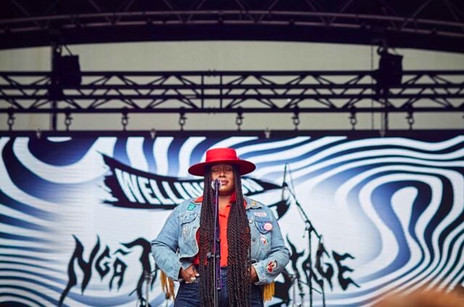
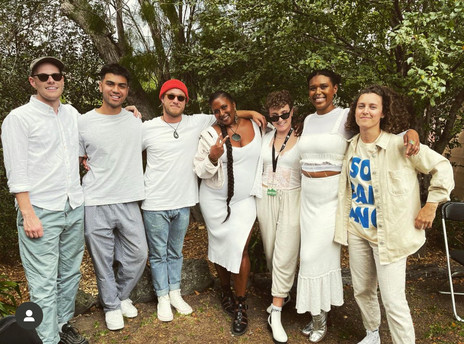
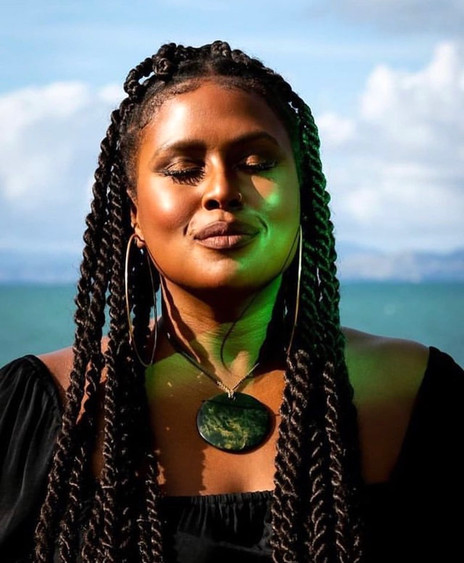
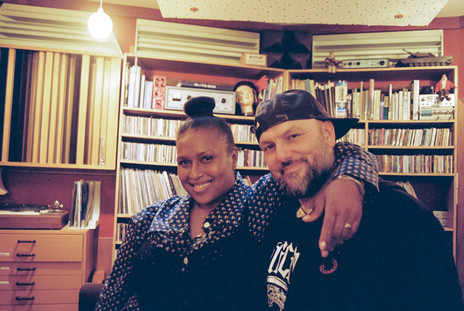
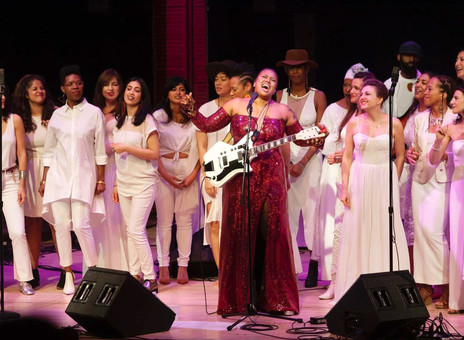
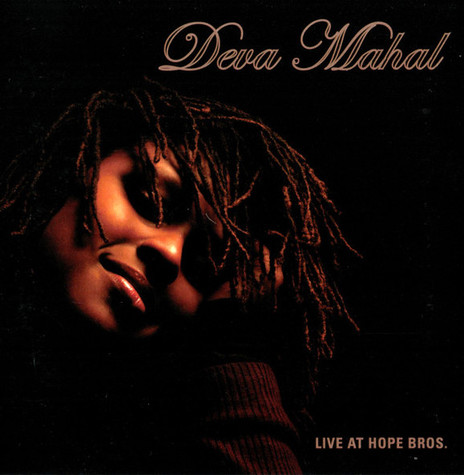
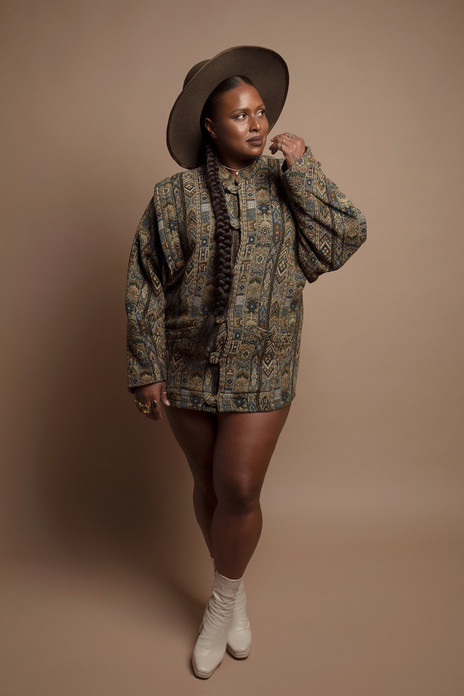
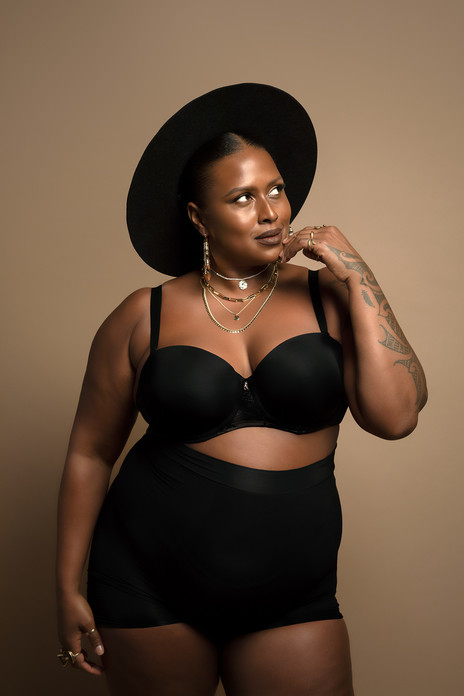
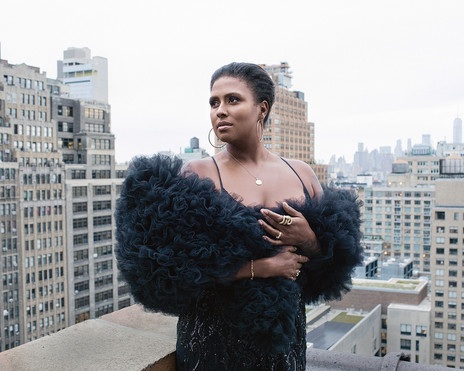
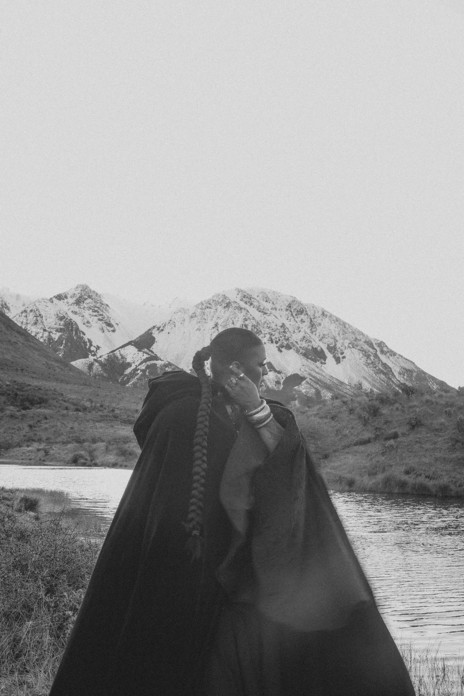
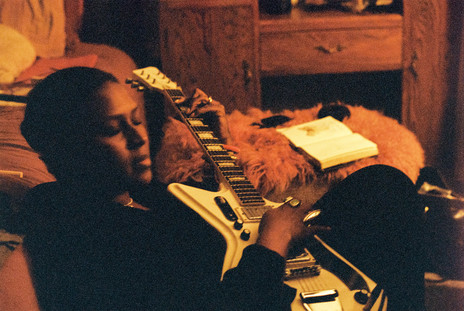
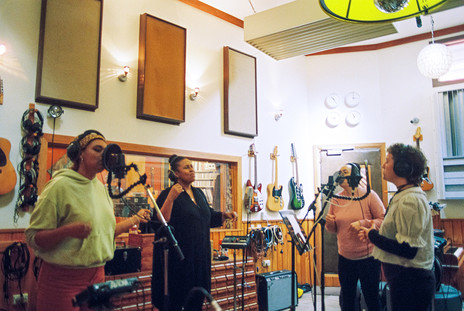
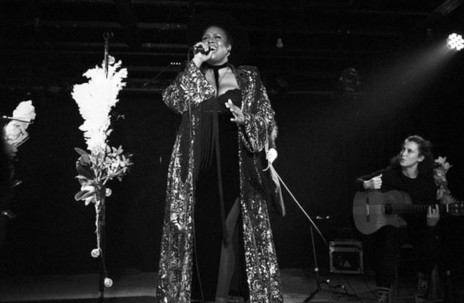
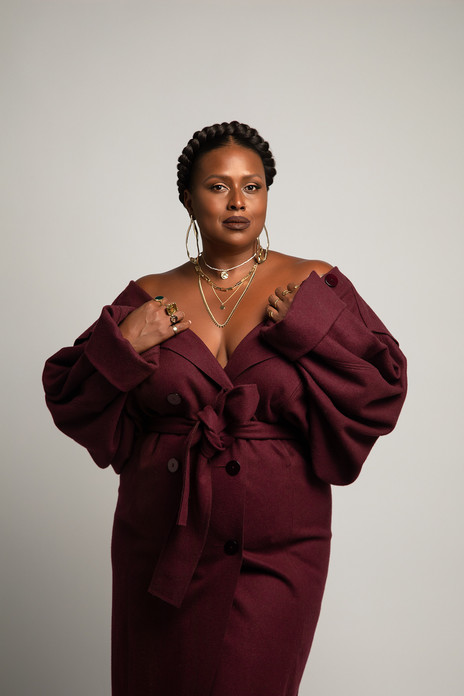
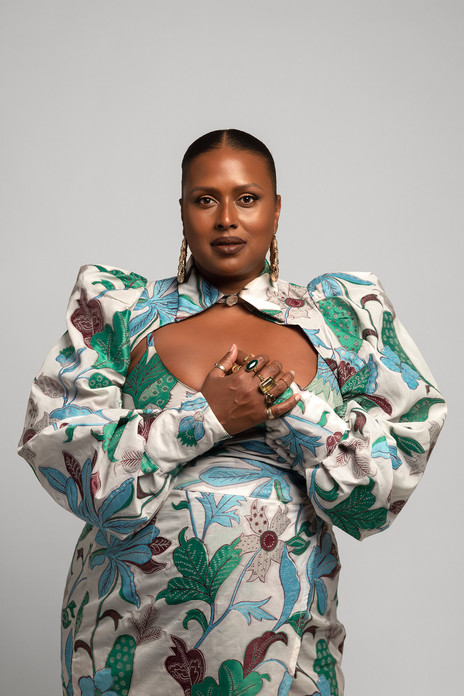
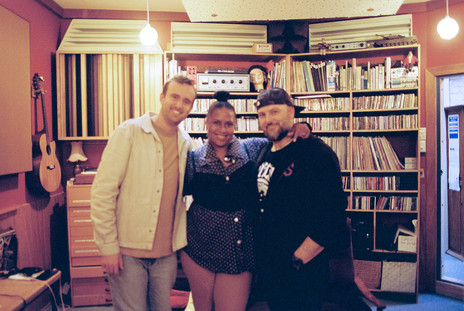
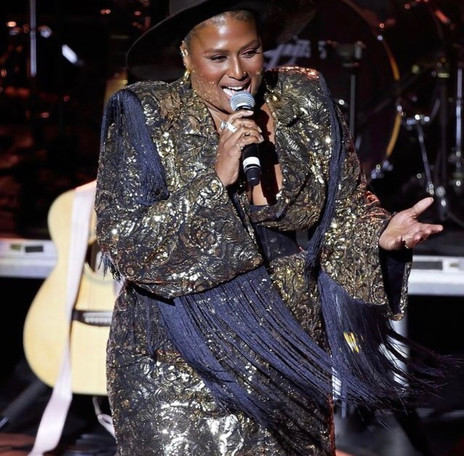
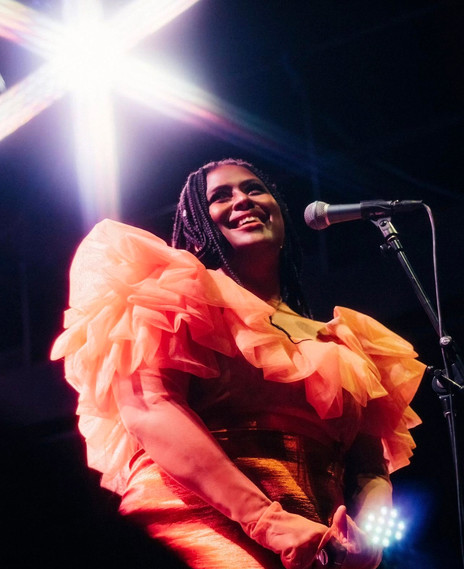
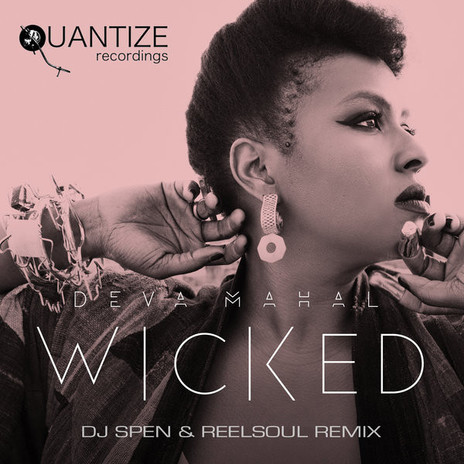
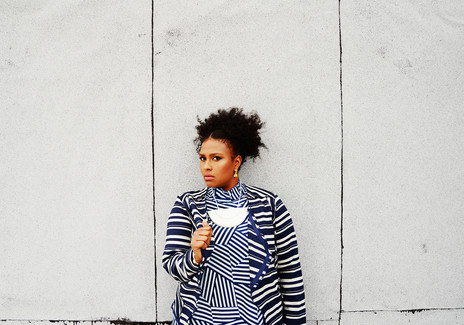
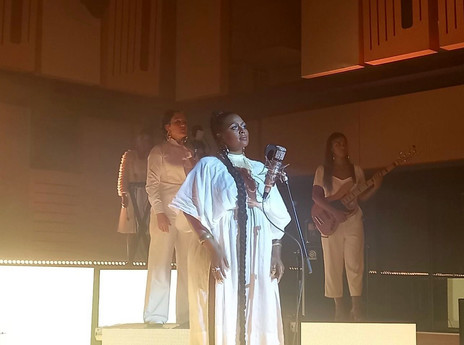
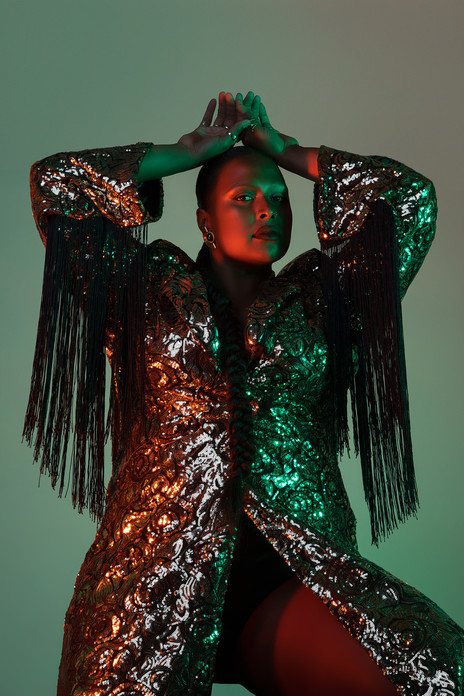
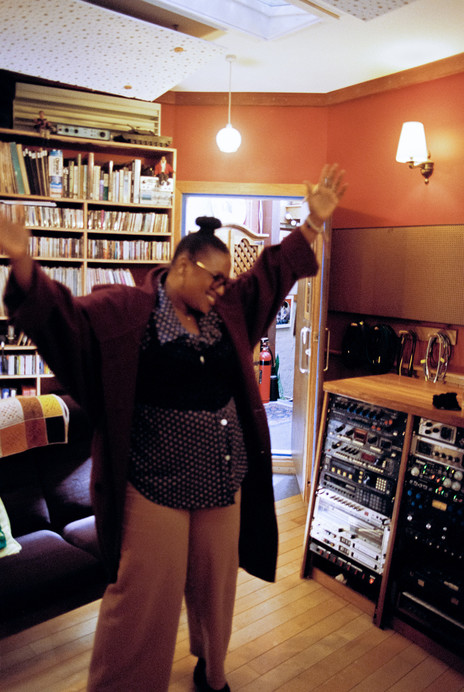
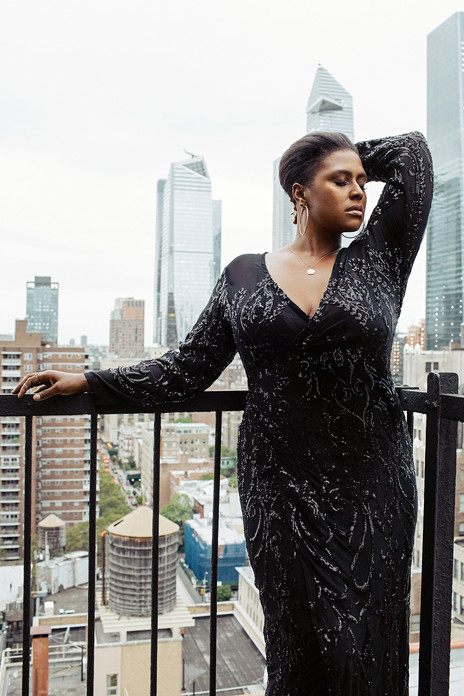
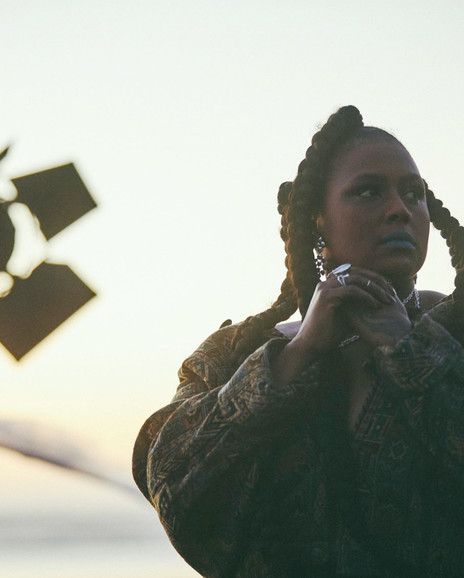
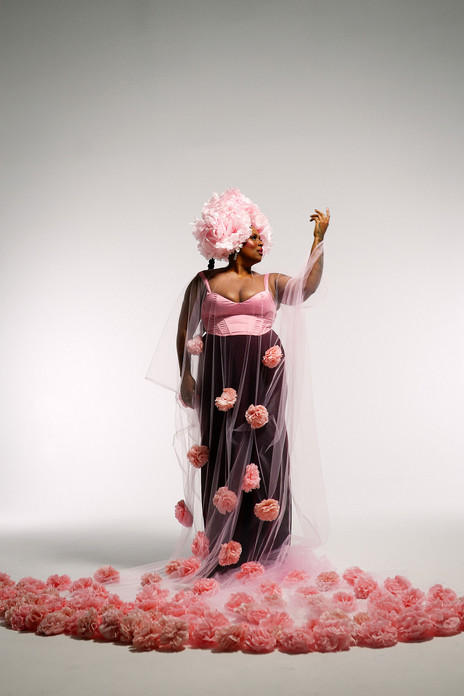
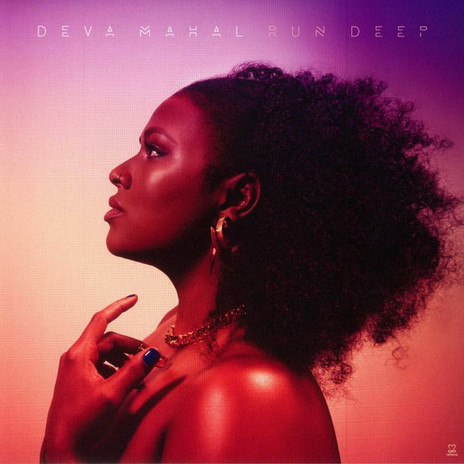
Motéma Music
Quantize Recordings
Visit our sister site
NZ On ScreenMade with funding from
NZ On Air








